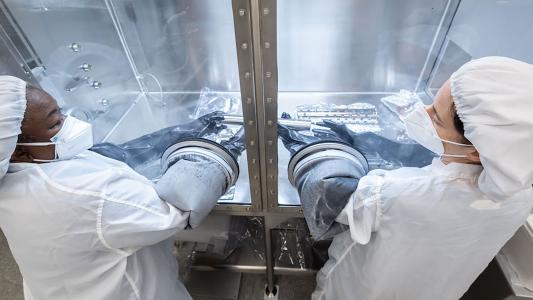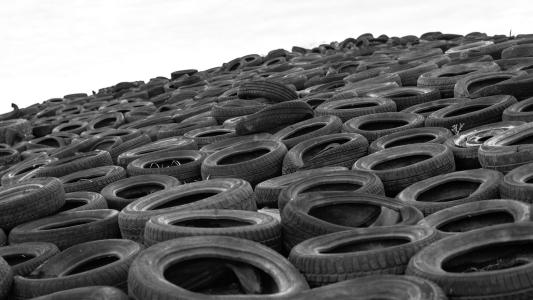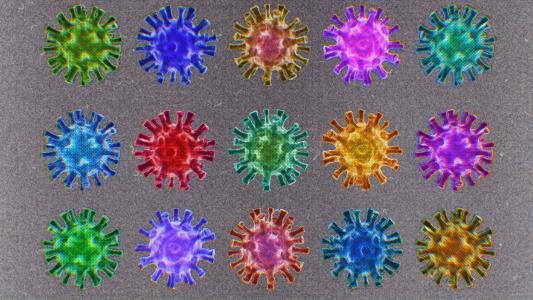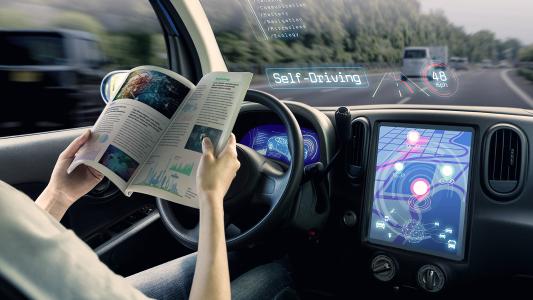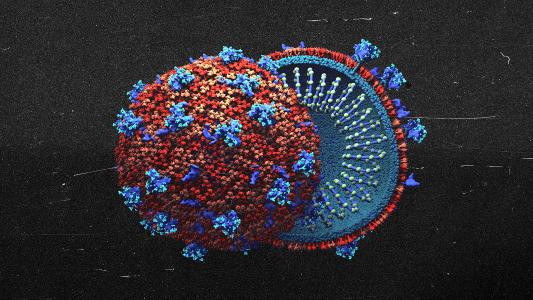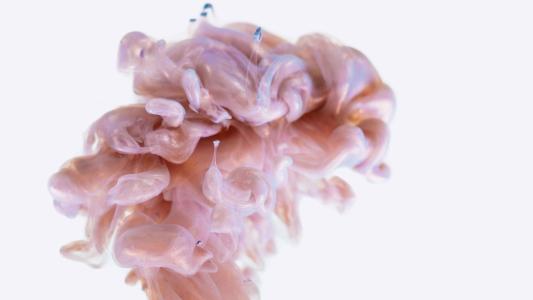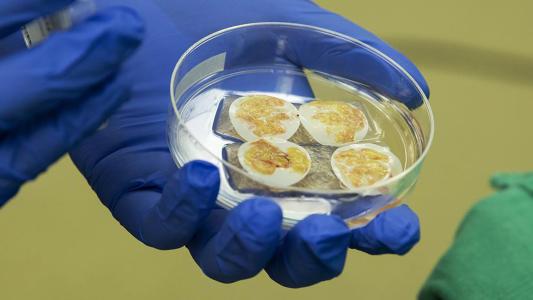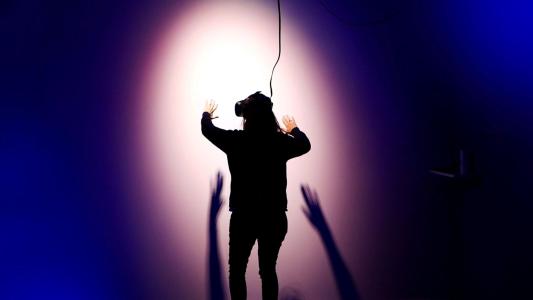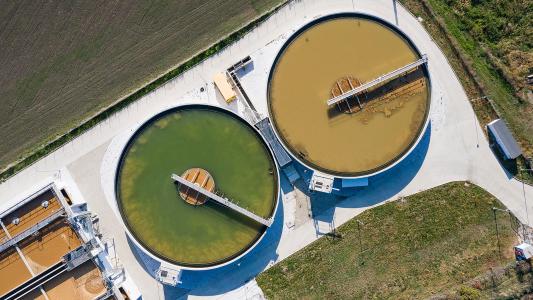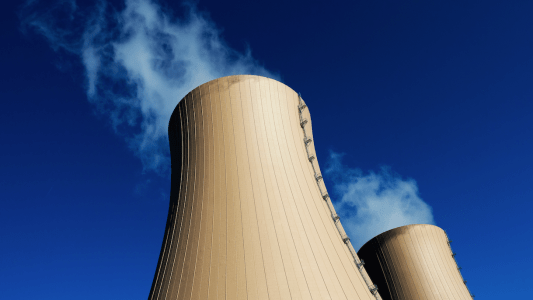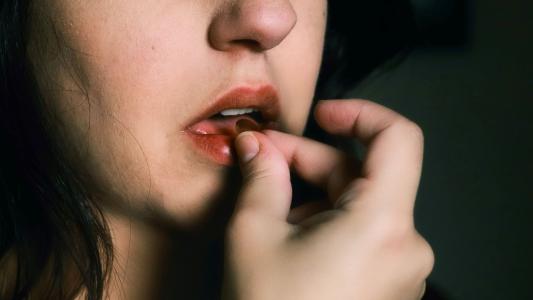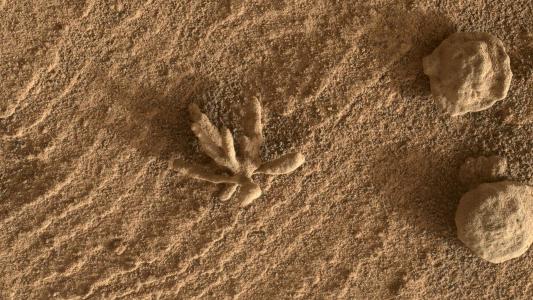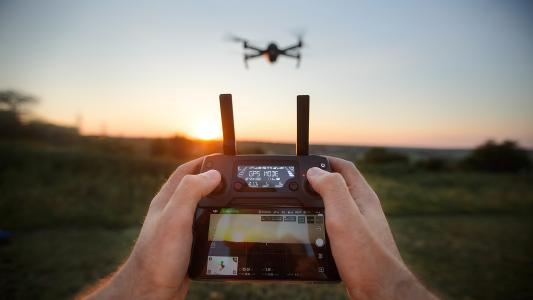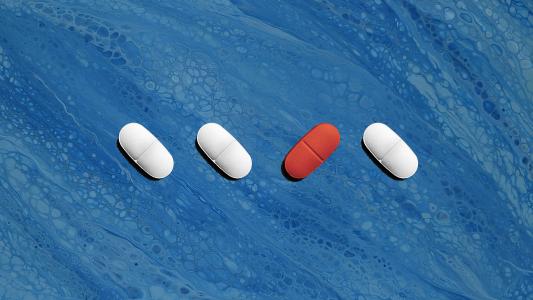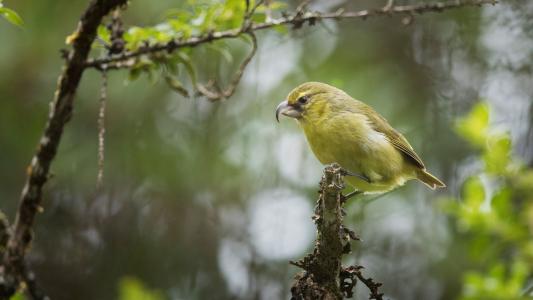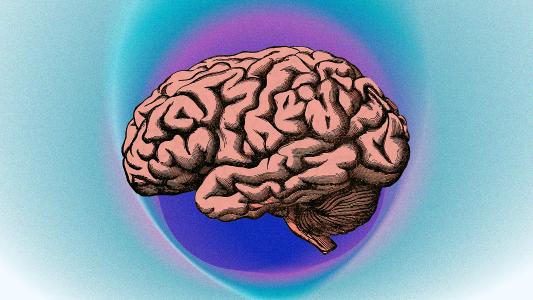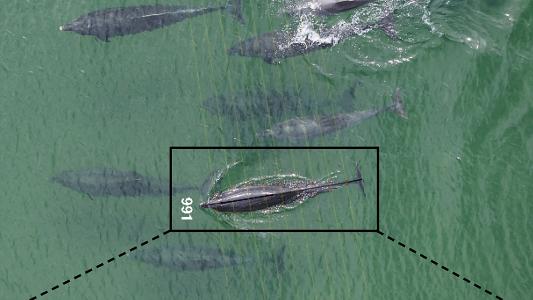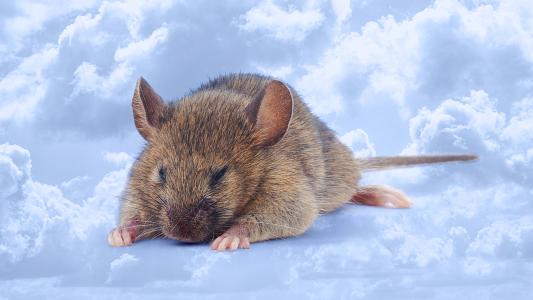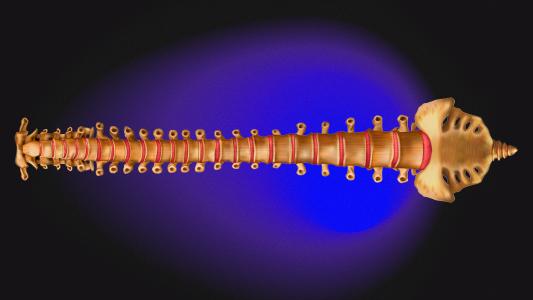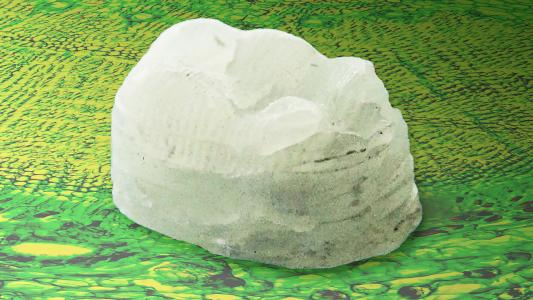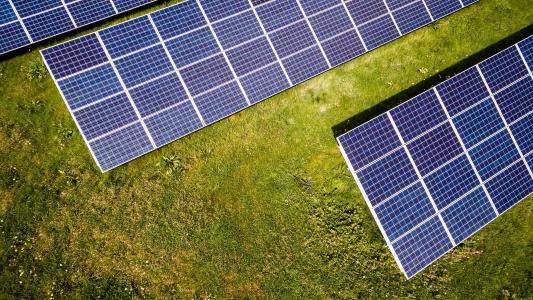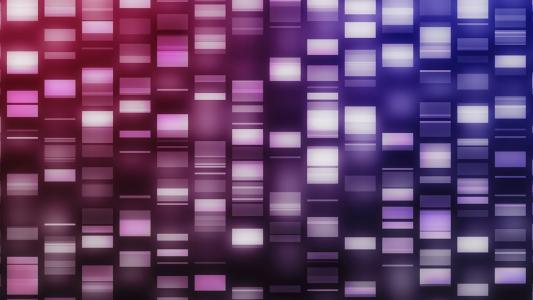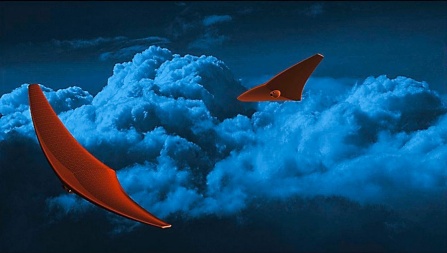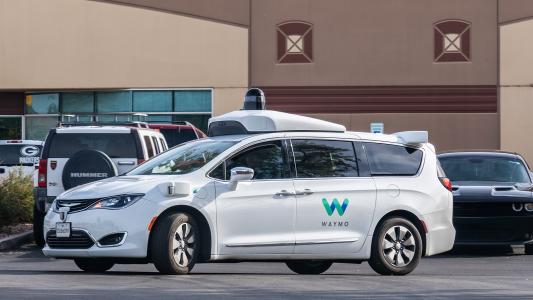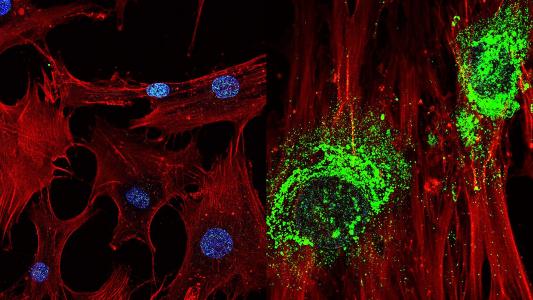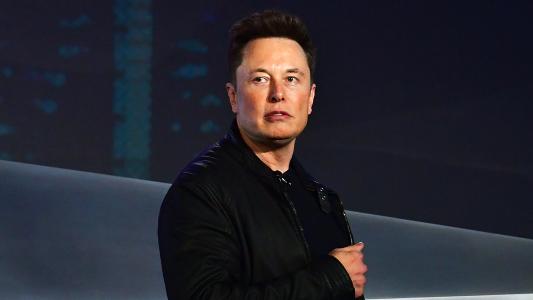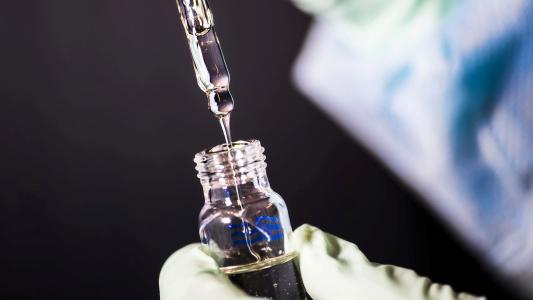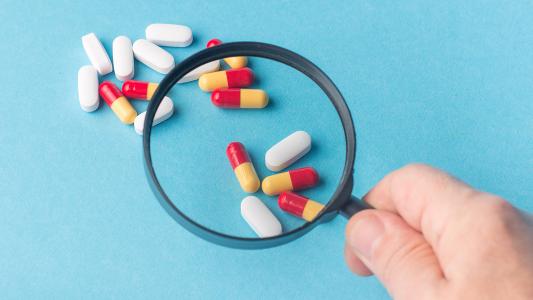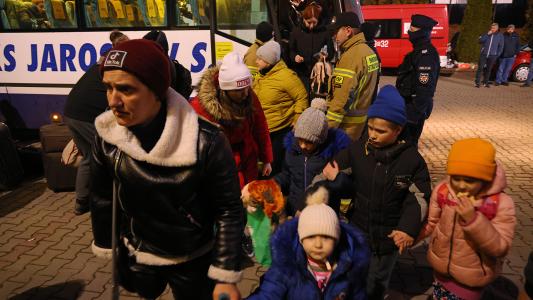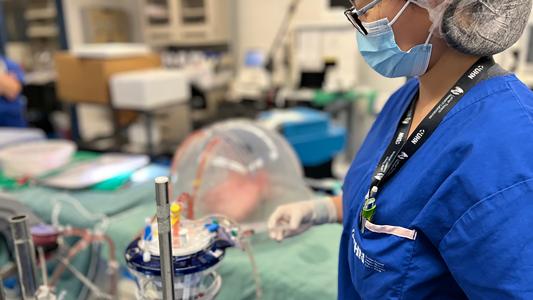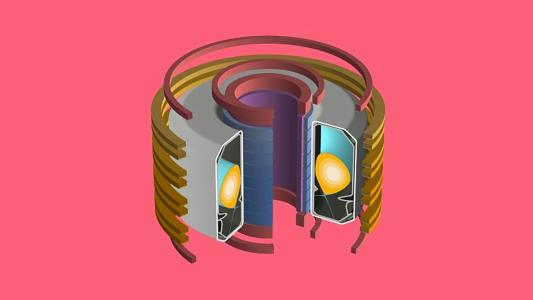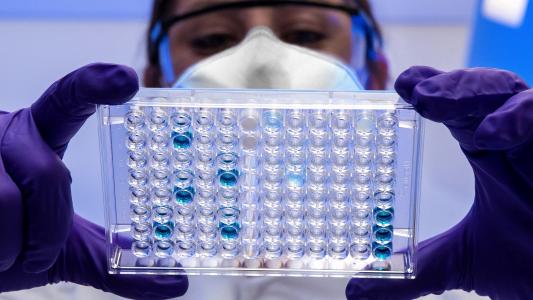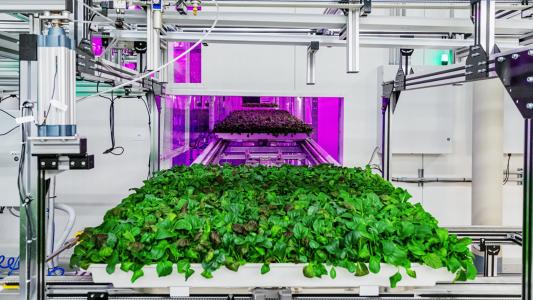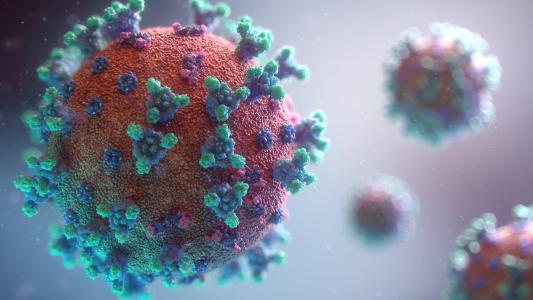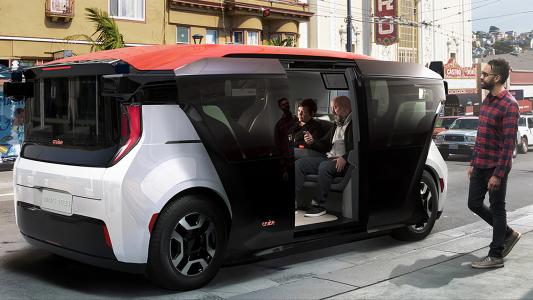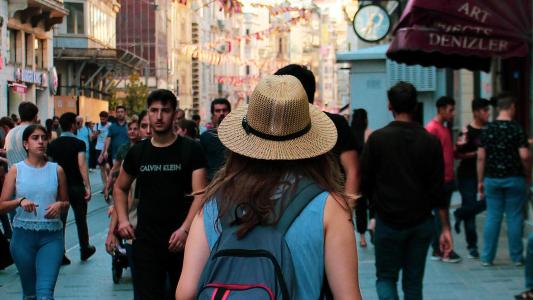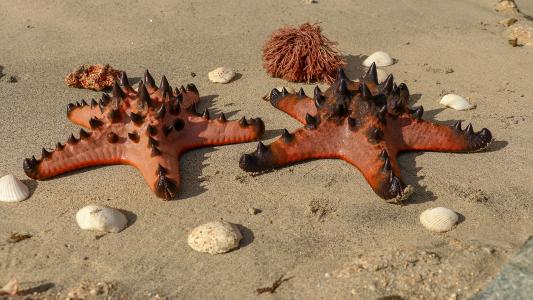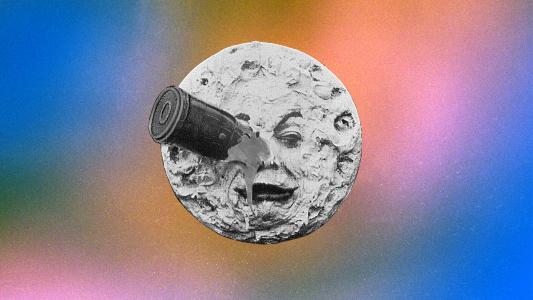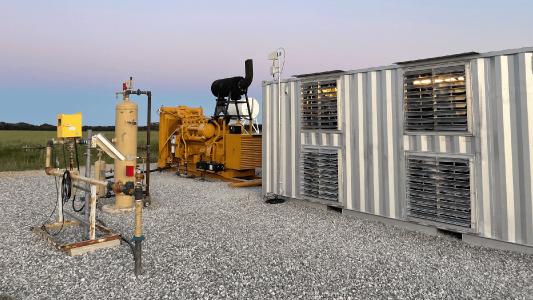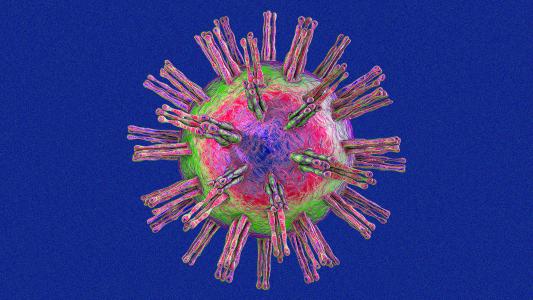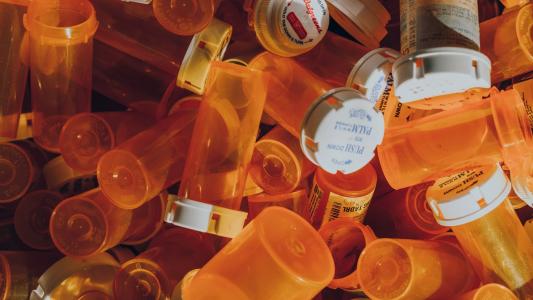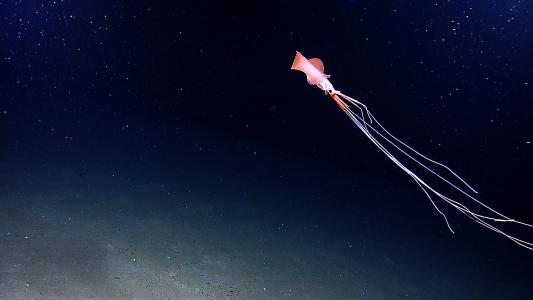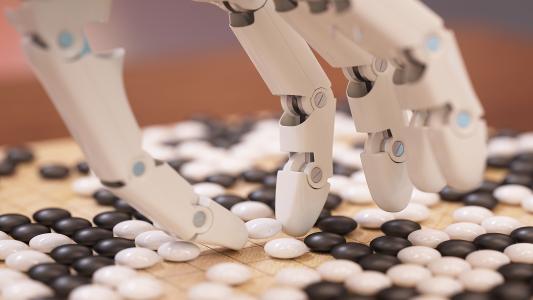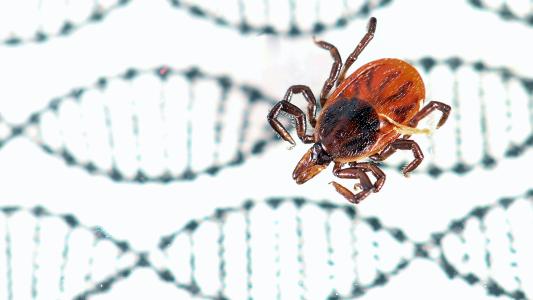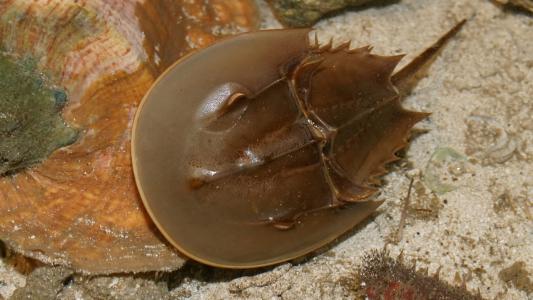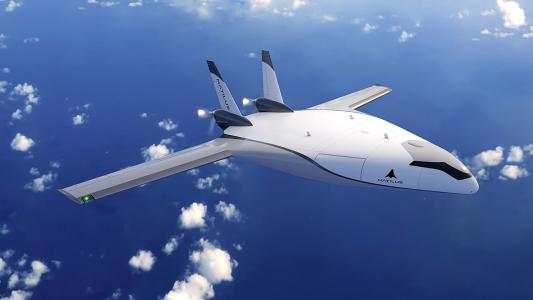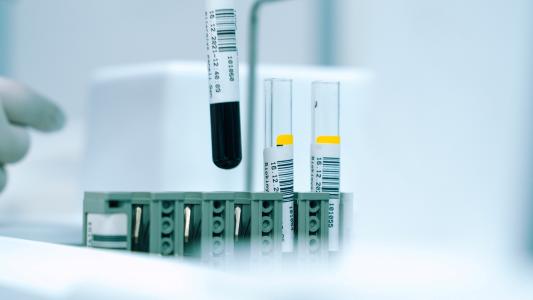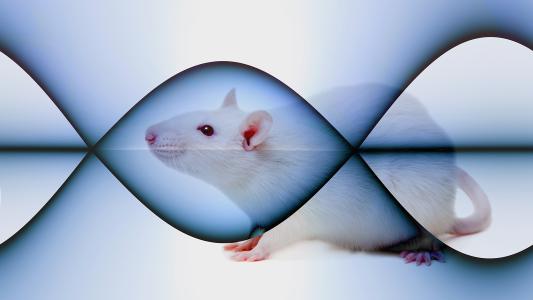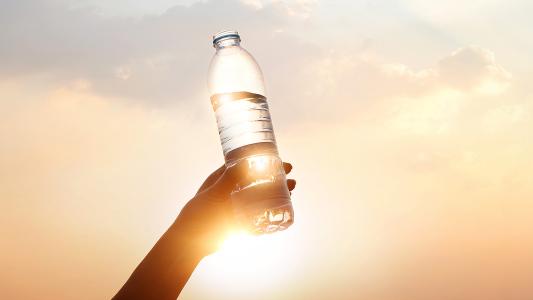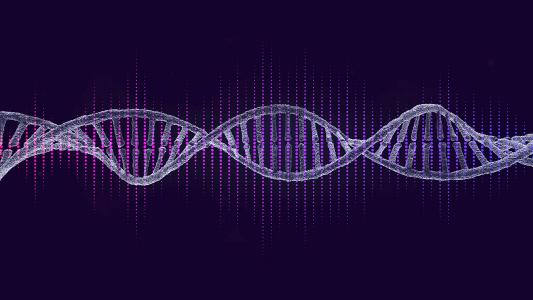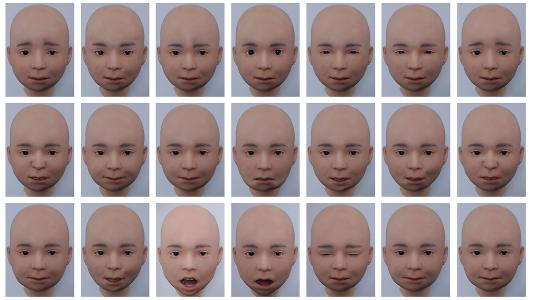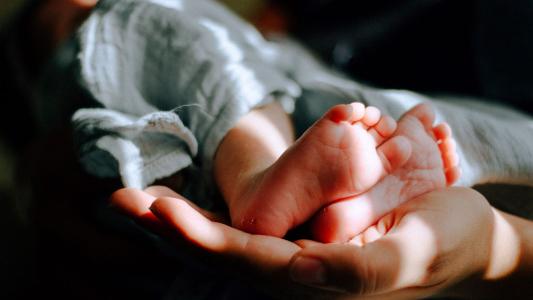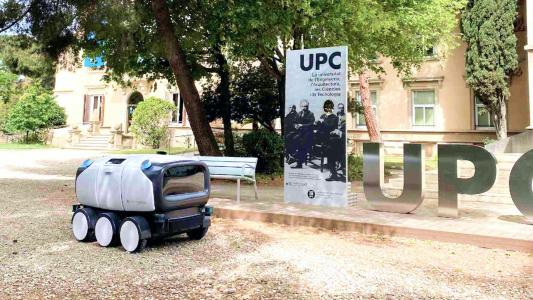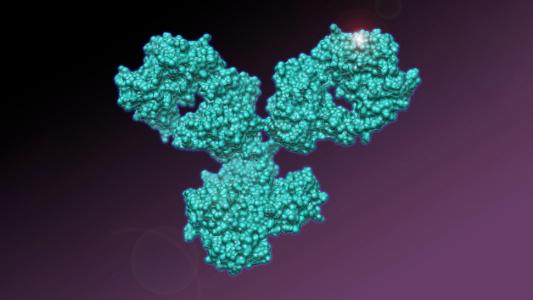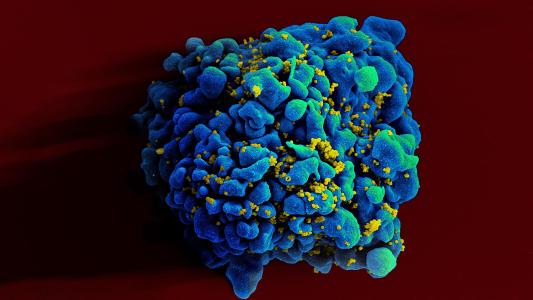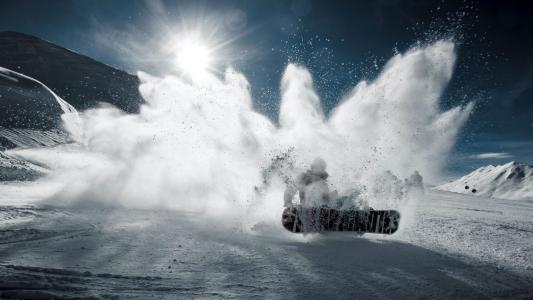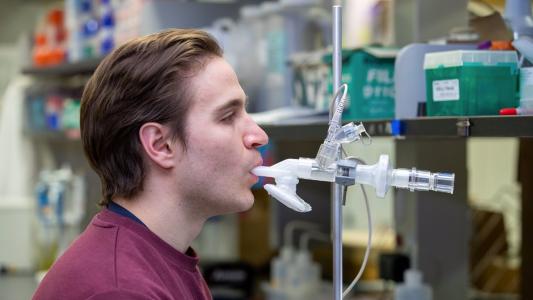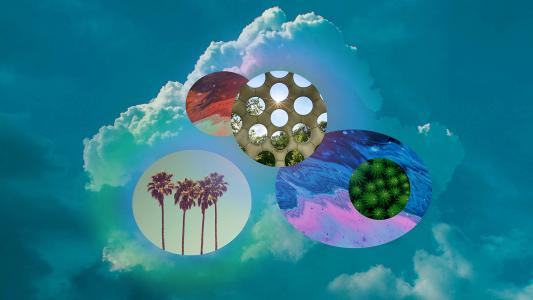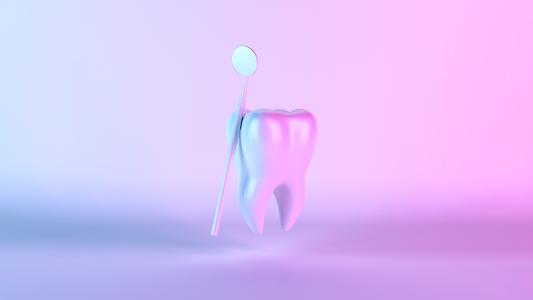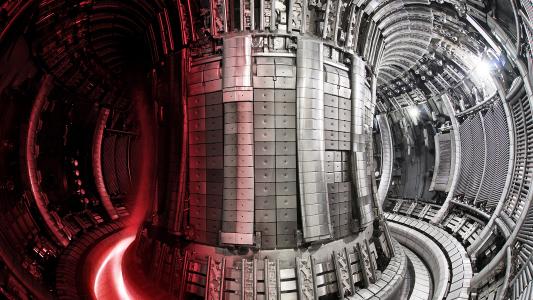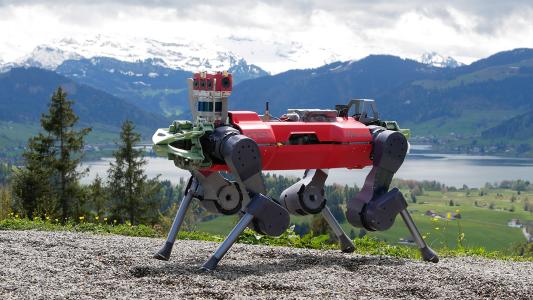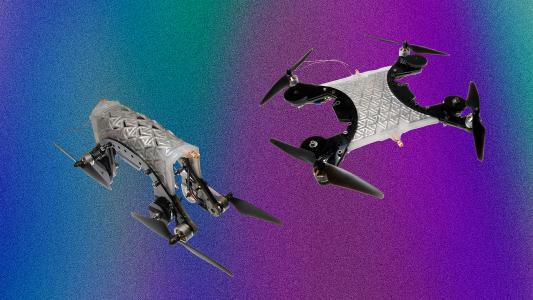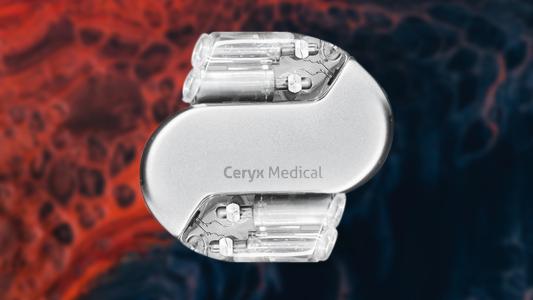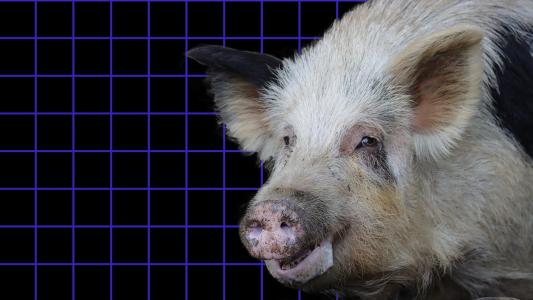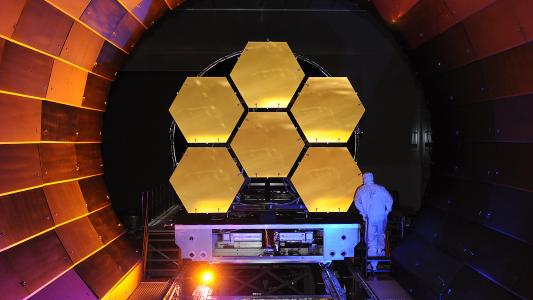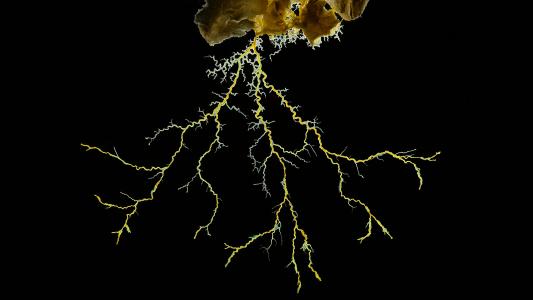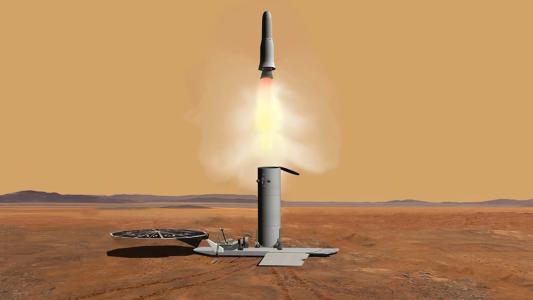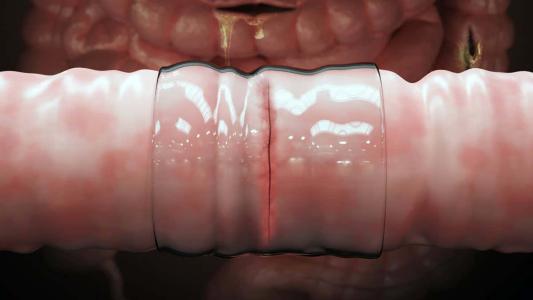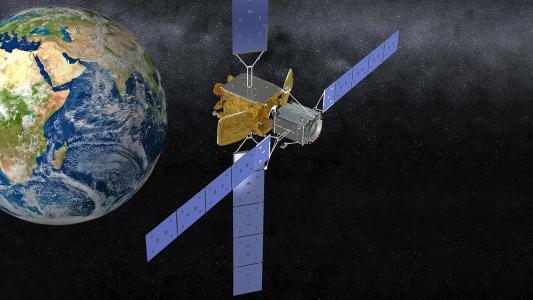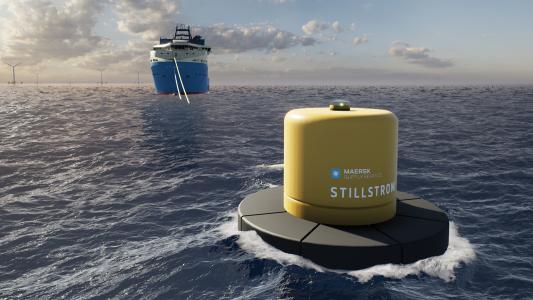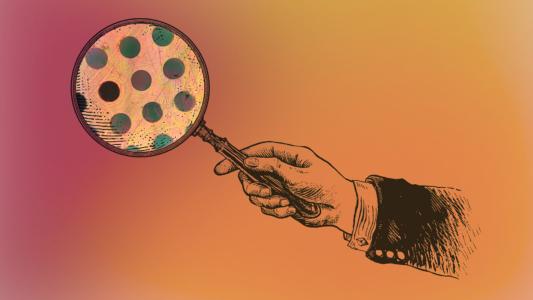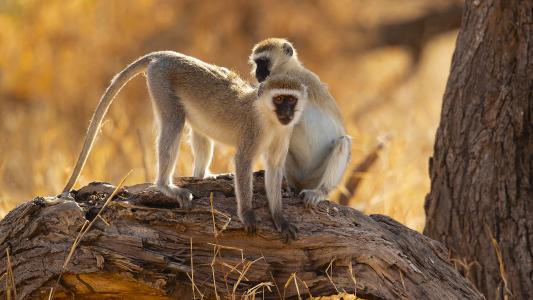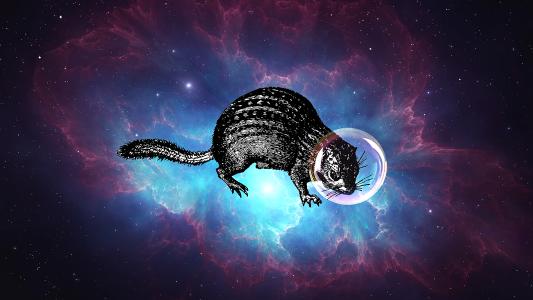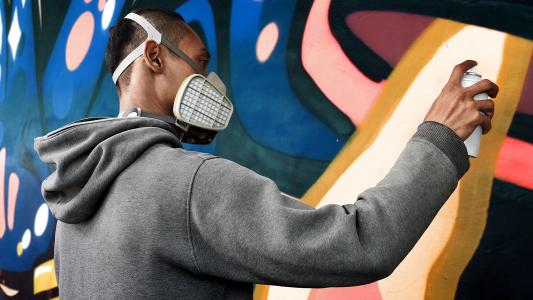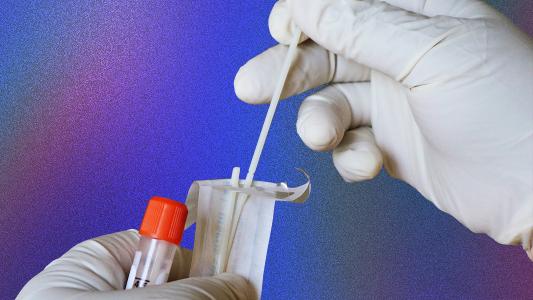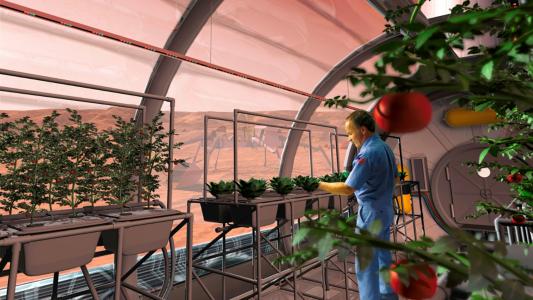NASA opens untouched moon rock container from 50 years ago
NASA is opening a vacuum-sealed sample of moon rock and gas to help astronauts prepare for the next mission to the moon.
This company is tackling Kuwait’s ‘tire graveyard’ problem by tire recycling
Kuwait wants to build 25,000 new houses on the site of a former tire graveyard. Here's how they're going to do it.
Moderna will develop mRNA vaccines for Ebola, malaria, other major threats
Moderna is developing mRNA vaccines for 15 “priority" pathogens and launching a program giving other developers access to its mRNA tech.
Oculus exec bets $10,000 we'll have fully autonomous cars by 2030
An Oculus exec has publicly bet $10,000 that vehicles with Level 5 autonomy will arrive on city streets by 2030.
Scientists discover how the AIDS virus breaks cellular “lockdown”
HIV replication continues even when infected cells shut down. New research shows how.
Psychosomatic illness: Are some diseases caused by our memories?
The brain appears to remember immune responses, and memories can trigger them to happen again.
Baby thrives after first-of-its-kind heart transplant
A baby’s first-of-its-kind heart transplant could help future patients avoid organ rejection and reduce the need for immunosuppressant drugs.
4 things you need to know about the metaverse
Technology that merges the virtual and physical worlds could start to become a reality for consumers in just a few years.
Win-win: we can make fertilizer by purifying wastewater
Stanford engineers have developed a cost-effective way to convert a toxic byproduct of a wastewater filtration process into useful chemicals.
Elon Musk: Europe should revive nuclear energy
The Ukraine crisis has highlighted Europe's dependence on Russia for fossil fuels. Is more nuclear energy the solution?
Anonymous hacks Russian TV, plays Ukraine war footage
Hacker collective Anonymous infiltrated Russia’s state-run media channels to broadcast Ukraine war footage.
How the antidepressant Prozac could treat blindness
Prozac is a widely used antidepressant. Data indicates that the drug could be used to prevent blindness due to macular degeneration.
Curiosity discovers a “flower” rock on Mars
Curiosity has discovered a Martian rock shaped like a flower, and it's helping NASA scientists unravel the history of water on Mars.
Ukrainian citizens are using personal drones to spy on Russian troops
Ukraine has called on local drone owners to help the military conduct reconnaissance missions in the wake of Russia’s invasion.
Brains scans of the placebo effect show new way to treat depression
A meta-study of placebo effect research has revealed a link between the phenomenon and brain stimulation as a depression treatment.
Digital sound archives can bring extinct birds (briefly) back to life
Sound recordings remind us that these beings are invaluable, and that humans have a duty to preserve them.
New antidepressant helps patients in just three days
Adding the new antidepressant zuranolone to standard treatments helped people with major depressive disorder feel better in less time.
Pregnant dolphins identified by drones for the first time
Using drone photography, University of Aberdeen researchers have been able to identify pregnant dolphins for the first time.
How a bedtime routine may affect your brain — and your sleep
A mouse study has yielded new insights into the effect of a bedtime routine on the brain, which could lead to new therapies for insomniacs.
Spinal cord implants help paralyzed people walk again
A new spinal cord implant uses electricity to reawaken spinal neurons.
An asteroid could wipe out an entire city – here’s NASA’s plan to prevent catastrophe
Cosmic bodies, like asteroids and comets, are constantly zooming through space and often crash into our planet.
MIT’s new plant-based material could replace plastics
Using cellulose from wood, MIT researchers have made a plant-based material tough as bone and hard as aluminum.
People are booking Airbnbs in Ukraine they’re never going to use
People are booking Airbnbs in Ukraine as a way to get money directly to hosts living in the nation, which is under attack by Russia.
First solar canal project is a win for water, energy, air and climate in California
California’s aging power infrastructure has contributed to catastrophic wildfires and multiday outages. Solar canals can help.
DAO raises millions of dollars in crypto to support Ukraine
A decentralized autonomous organization (DAO) has raised $7 million in crypto for Ukraine, demonstrating a new model for charity and more.
New tech cuts years off of DNA sequencing
The Stanford Medicine team set a new record for DNA sequencing. They went from obtaining a blood sample to diagnosing an illness in just 8 hours.
Could electrocuting clouds be the key to making it rain?
By analyzing the energy within raindrops, researchers found that they could squeeze water from the clouds by electrically supercharging them - another step to control the weather.
Nuclear fusion: how excited should we be?
We know that fusion works – it is the process that powers the Sun, providing heat and light to the Earth. But can we do it ourselves?
NASA considers stingray-like drone to fly the skies of Venus
The winged drone is designed to ride 200-mph Venusian winds.
Self-driving cars could transform the world in unexpected ways
Self-driving cars could impact the future of economics, equity, privacy, and city planning.
Sonic waves could help bones grow back after cancer
A technique that turns stem cells into bone cells using only sound waves could help people regrow bone destroyed by disease.
Starlink lands in Ukraine
Starlink satellite internet service has been established in Ukraine.
The hacker group Anonymous has waged a cyber war against Russia
Alongside Anonymous, large numbers of Ukrainian cyber professionals have volunteered to assist with Ukraine’s cyber defense.
Hubble gets first good look at the dark side of a “hot Jupiter”
The first detailed look at the dark side of a hot Jupiter exoplanet reveals conditions that could create metal clouds and liquid gem rain.
90% of drugs fail clinical trials – here’s one way researchers can select better drug candidates
It’s disappointing when the years of effort and resources spent to push a drug candidate to patients so often lead to failure.
What the Russian invasion means for clinical trials in Ukraine
Russia’s invasion has the potential to disrupt clinical trials in Ukraine, warns one of the many companies staging trials in the nation.
Airbnb offering free temporary housing to refugees of Russo-Ukrainian war
Airbnb has announced that it will help temporarily house up to 100,000 refugees of the Russo-Ukrainian war.
Researchers convert donor lungs to universal blood type
A new study reveals that if donor organs were treated with specific enzymes, any organ could become "universal" and be more compatible with recipients of any blood type.
First AI controls plasma inside fusion reactor
DeepMind has co-developed an AI capable of controlling the super-hot plasma inside a tokamak fusion reactor.
How mRNA and DNA vaccines could treat autoimmune disorders, genetic diseases, and more
Using DNA or an mRNA vaccine, researchers are investigating the feasibility of essentially replacing missing genes that cause disease.
How close are we to curing blindness?
New approaches to curing blindness are heralding a future in which fewer people have to live life completely in the dark.
Innovative vertical farming companies to watch
Here are five vertical farming companies to keep an eye on — and a bonus nine that are selling food you can buy right now.
Despite its disastrous effects, COVID-19 offers some gifts to medicine
While it’s still too early to draw conclusions, there's emerging evidence between autoimmune disorders and the virus that causes COVID-19.
GM asks to deploy self-driving car with no steering wheel
GM and Cruise have asked the NHTSA for permission to build and deploy their Cruise Origin, a self-driving car with no steering wheel.
Russia’s cyberattacks foreshadow the future of war
Russia ramped up its cyberattacks on Ukraine prior to its physical invasion, potentially foreshadowing how future conflicts will play out.
Open source intelligence exposes war as never before
In a new era of open source intelligence, Russia’s invasion of Ukraine can be studied by anyone with the desire to find, and analyze, data available to all.
Are urban villages the solution to sprawl?
Urban sprawl leads to a number of modern problems. Urban villages, with their focus on walkability and local services, may be a solution.
Diamond-like starfish skeleton unlike any discovered in nature
The skeleton of the knobby starfish has a structure unlike any other found in nature so far, and it could inspire new lightweight ceramics.
A rogue rocket is on course to crash into the Moon. It won’t be the first.
Earlier in the Space Age, little thought was given to leaving what many call “trash” on the lunar surface.
Texas A&M grads use flare gas to mine $4M in Bitcoin
Two college grads earned four million dollars by mining the cryptocurrency with specialized shipping containers that use flare gas.
Moderna is developing a herpes vaccine
Moderna is developing a herpes vaccine that could protect you against the most common sexually transmitted infection in the world.
Record-breaking supernova manages to “X-ray” the entire Universe
“When I saw the data, I didn’t believe the analysis...This is the brightest Cow supernova seen to date."
MIT spinoff plans to drill 12 miles into Earth’s crust
MIT spinoff Quaise Energy is building a drill that vaporizes rock so that we can tap into the geothermal energy miles below our feet.
Opioid overdose: A bioethicist explains why restricting supply may not be the right solution
Since the unpredictability of drug supply increases overdose risk, making the drug supply predictable should be part of the solution, right?
Insulin pump can be controlled with an app
A new app lets insulin pump users deliver doses remotely, making it easier to manage diabetes discretely and conveniently
Take a look at the deepest known squid, just found
NOAA scientists used an ROV to spot a ghostly cephalopod, known as a bigfin squid
Where AI and organisms differ and what it means for AGI
A recent research paper published in Frontiers in Ecology and Evolution explores obstacles toward general artificial intelligence, specifically: what prevents AI from improvising?
We can now use CRISPR to fight tick-borne diseases
U.S. researchers have overcome a hurdle that was preventing the use of CRISPR to fight tick-borne diseases, such as Lyme disease.
Horseshoe crabs are drained for their blue blood. That practice will soon be over.
One of humanity’s strangest and most macabre activities is slowly coming to an end, a trend that every horseshoe crab should celebrate.
Huge cargo drones could soon move goods across the globe
Natilus is developing huge autonomous cargo drones that could cut the cost of air freight by 60% and reduce its carbon emissions by 50%.
We should teach AIs to drive the same way we teach kids
To help self-driving AIs learn more like humans do, Canadian startup Waabi has created a digital world to act as driving school and Danger Room.
Golden blood: The rarest blood type in the world
Golden blood, despite sounding like medical nonsense, is actually the nickname for Rh-null, the world’s rarest blood type.
Scientists use ultrasound to control brain cells in animals
Researchers have used ultrasound to trigger the brain cells of mice with a technique called sonogenetics.
MIT invents $4 solar desalination device
MIT has developed a $4 solar desalination device that could provide a family of four with all the drinking water it needed to survive.
New exoplanet discovered orbiting Proxima Centauri
A third exoplanet has been discovered orbiting Proxima Centauri, and it’s one of the lightest astronomers have ever detected.
“Fly ash” contains rare earth elements needed for electronics
A new method for extracting rare earth elements from fly ash could help end the U.S.’s reliance on China for the valuable metals.
Scientists propose sending tiny lifeforms to neighboring solar systems
Scientists have created a plan for interstellar travel. They plan to send tiny lifeforms to the nearest solar system.
DNA used to make the world’s tiniest “radio”
Scientists have created the world's smallest antenna, measuring only five nanometers in length. It is designed to decipher real-time changes in proteins and records and transmits data via light signals.
Mutation protecting against Alzheimer’s edited into human cells
Scientists have used CRISPR to edit the "Icelandic mutation," which protects carriers against Alzheimer's, into human cells.
Robot kid successfully conveys six emotions on its face
An android child capable of expressing six emotions puts us one step closer to a future in which we share our homes with companion robots.
First gene therapy for Tay-Sachs disease successfully given to two children
After 14 years in development, gene therapy has helped two children surpassed their life expectations and live seizure-free.
Solving the last mile problem with robotic delivery vehicles
Most of the cost of delivering goods is tied to moving “the last mile” from a hub to the final destination. A new robotic delivery bot being piloted in three cities may help solve the problem.
New antibody treatment against Omicron gets emergency approval
A new monoclonal antibody treatment effective against Omicron has received emergency authorization weeks after two others were banned.
Why calorie restriction may be the key to a healthier life
A new study suggests that people appear to benefit from a moderate calorie restriction the same way we know many animals do.
First woman cured of HIV through stem cell transplant
A woman has been cured of HIV through a transplant of umbilical cord blood, which is easier to match to patients than bone marrow.
Inhaled vaccine for coronavirus moves to human trials
An inhaled vaccine now moving into human trials could protect people from more than just the coronavirus that causes COVID-19.
The case for techno-optimism: Is the world about to enter an era of mass flourishing?
Historically, periods of mass flourishing are underpinned by technological revolutions. Currently, we are undergoing a technological revolution unlike anything the world has ever seen.
Robot fish are powered by lab-grown human heart cells
A robot fish that uses human heart cells to swim has put scientists one step closer to growing full-size hearts in the lab.
Autonomous Black Hawk helicopter flies without a crew
The U.S. Army has given a Black Hawk helicopter the ability to complete an autonomous flight without any humans on board.
New synthetic tooth enamel is stronger than the natural kind
A synthetic tooth enamel that outperformed the natural kind in strength and durability tests could have applications beyond dentists' offices.
Fusion reactor breaks 24-year-old nuclear record
A new record set by the world’s largest nuclear fusion reactor is giving researchers confidence we’re on the path to usable fusion energy.
Robot dogs are hiking the Alps and preparing for space
A robot dog reached the summit of an Alps trail more quickly than the average human — and the mechanical K9s are just getting started.
Shape-shifting material morphs robot from driving to flying
A shape-shifting material lets multifunctional robots morph from one shape to the next quickly and without the use of motors.
Bionic pacemaker causes heart to beat irregularly — on purpose
A new bionic pacemaker improved blood flow in animal studies by using the lungs to reintroduce lost heart rate variability.
New breed of pig will provide organs for human transplantation
German researchers are breeding a new type of pig that’s been genetically modified to have organs ideal for human transplantation.
NASA gets first images from James Webb telescope
NASA has shared the James Webb Space Telescope’s first images, and so far, it looks like the epic spacecraft is working exactly as hoped.
How slime molds can design efficient subway networks without human help
A new computer models shows how slime molds may design efficient subways without our help.
NASA: Lockheed Martin will build the Mars Ascent Vehicle
NASA’s Mars Ascent Vehicle, a first-of-its-kind rocket capable of launching from the surface of Mars, will be built by Lockheed Martin.
MIT engineers invent surgical “duct tape”
MIT’s biodegradable surgical tape is designed to seal tears in the gastrointestinal tract, potentially preventing sepsis-causing leaks.
Why pumping water back into hydro dams beats batteries for renewable power
The U.S. has thousands of reservoirs that could be paired for pumped hydro storage without the need for rivers.
“Space tug” tows dead satellite into a new orbit
China has used a space tug to change the orbit of a defunct satellite, proving it’s a viable way to clean up some old space junk.
Clean offshore charging buoys can save city air
Shipping giant Maersk is building custom charging buoys that provide electricity to ships moored overnight. The first is set to launch this year at an offshore wind farm.
MIT’s new material is stronger than steel and as light as plastic
A new material out of MIT that’s stronger than steel and as light as plastic could one day coat smartphones, hold up bridges, and more.
Monkeys’ alcohol consumption drops 50% after hormone therapy
Heavy-drinking monkeys cut their alcohol consumption by 50% after researchers treated them with a hormone called “FGF21.”
Coffee mug company builds high-tech box to keep vaccines cold
Smart mug company Ember has created a shipping container to help bolster the medicine cold chain.
Hibernating squirrels hint at secret to surviving space travel
Astronauts lose muscle mass in space. The secret to how ground squirrels keep mass in hibernation may help future space travelers keep their own.
NFTs are extending the life of street art
To extend the life of their street art, creators are linking them to NFTs that can then live on the blockchain in perpetuity.
Smartphone COVID test is as accurate as PCR test
Researchers created a smartphone-based test kit that will test for the viruses that cause COVID and flu. Early research has shown that the kit is as accurate as standard lab-based testing but much faster.
NASA offers $1 million prize for prototypes to grow space food
NASA’s Deep Space Food Challenge will give away $1 million in exchange for prototypes that could help feed astronauts on long-term missions.
